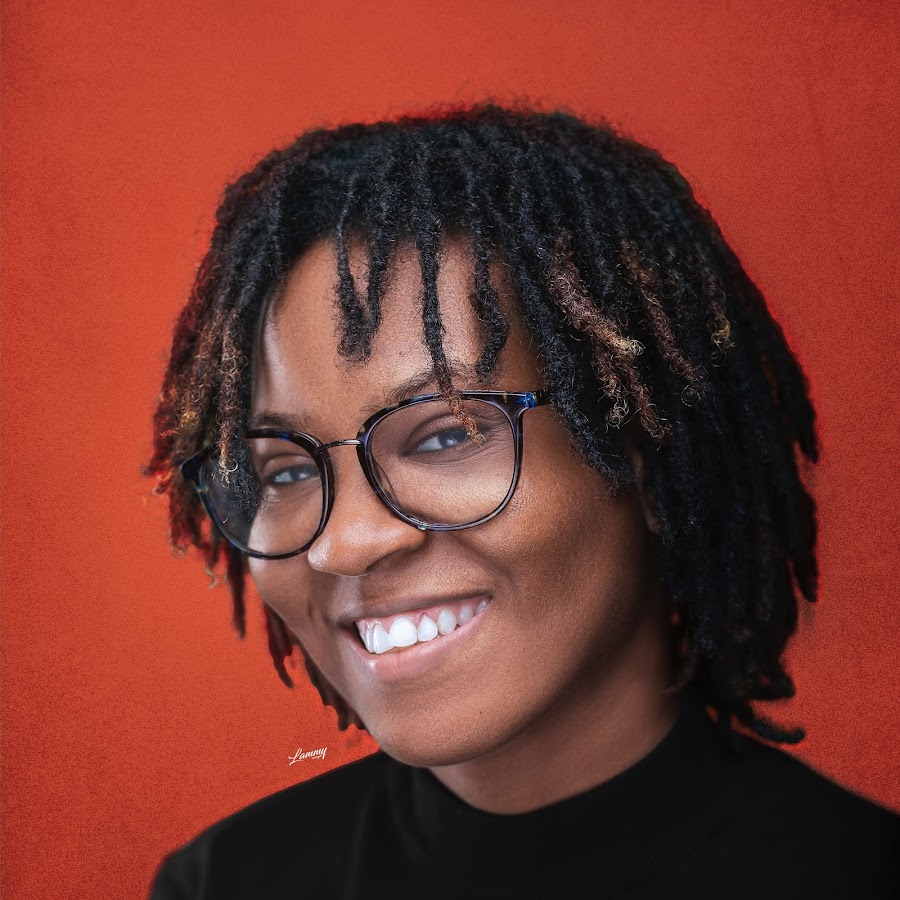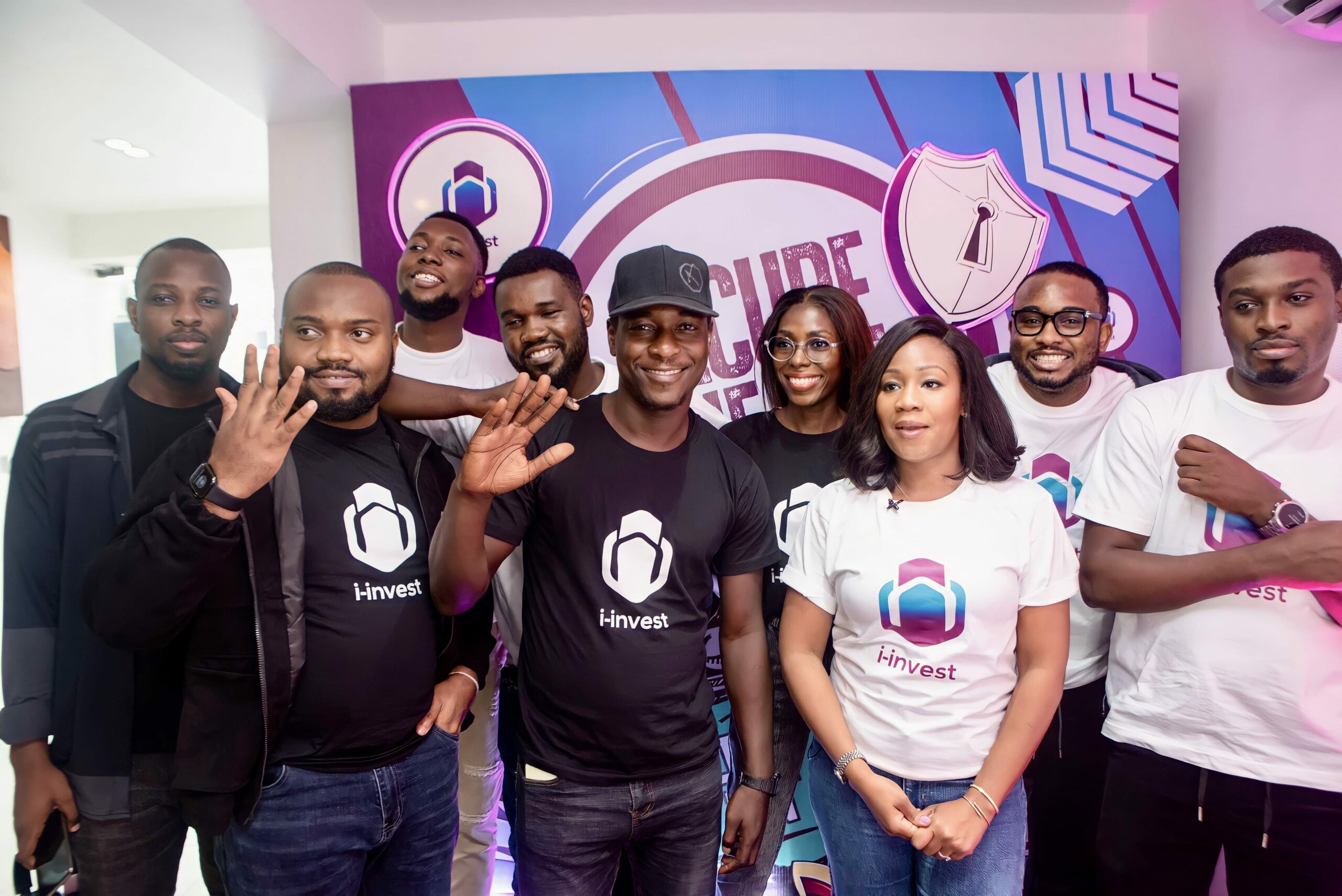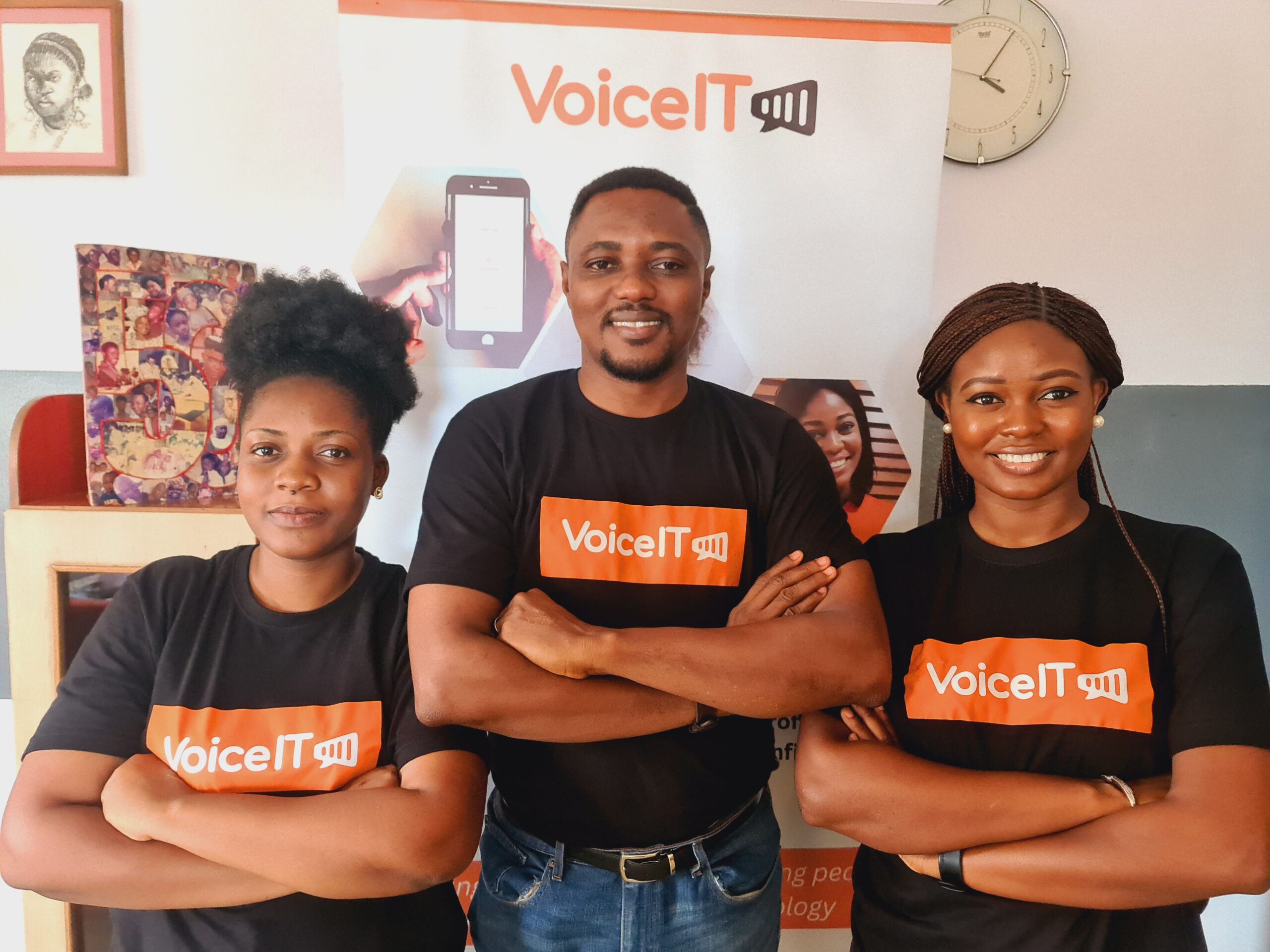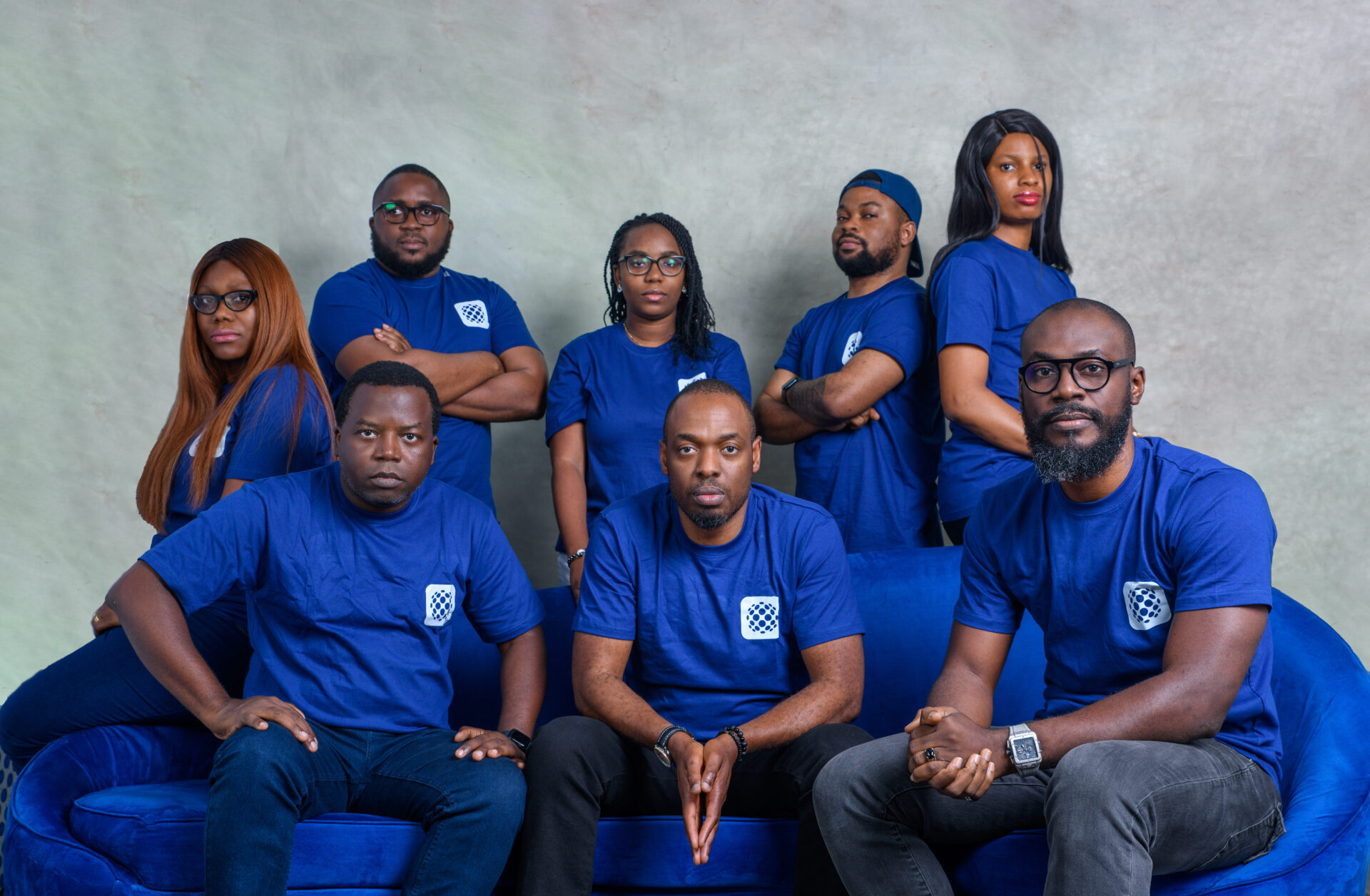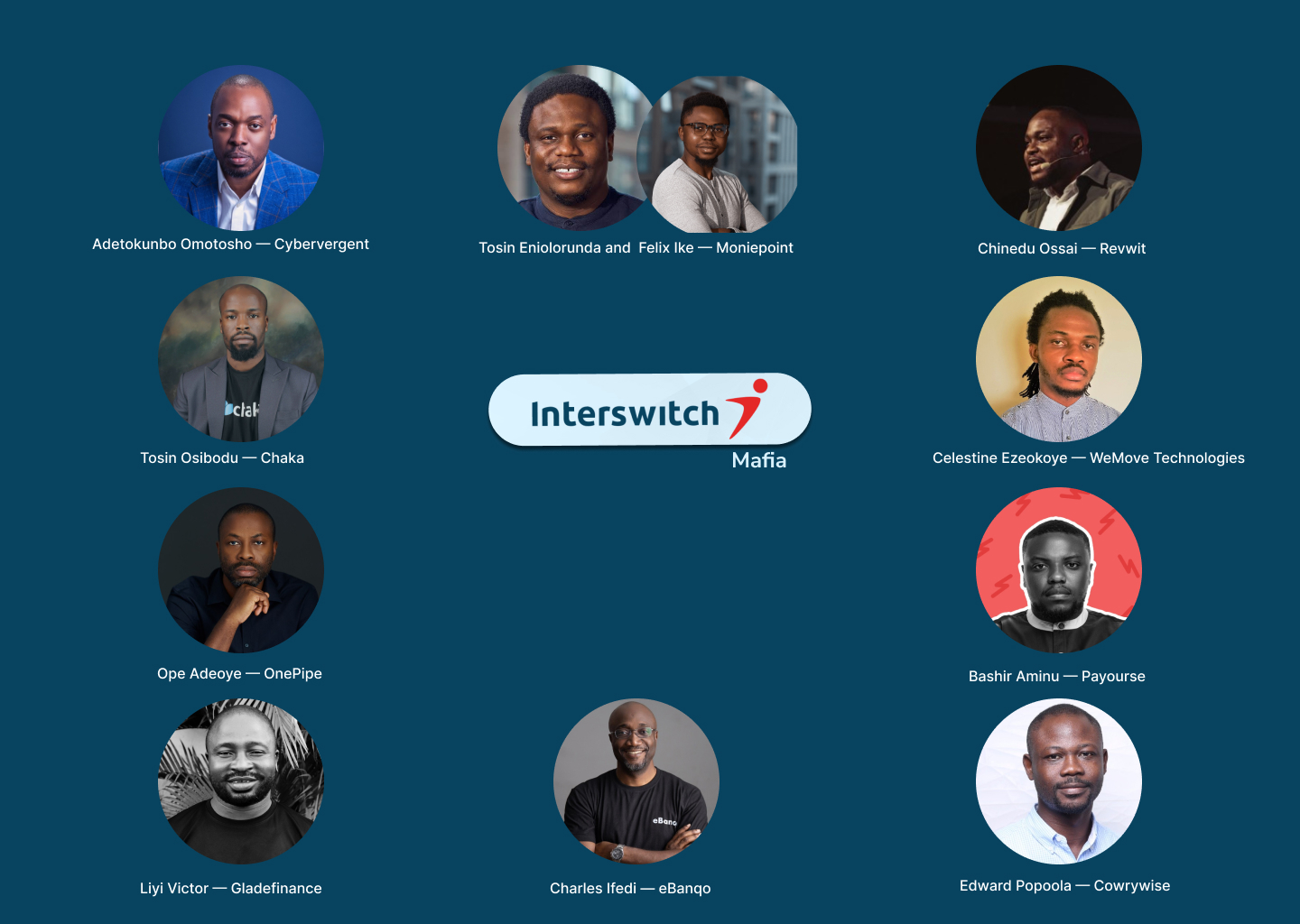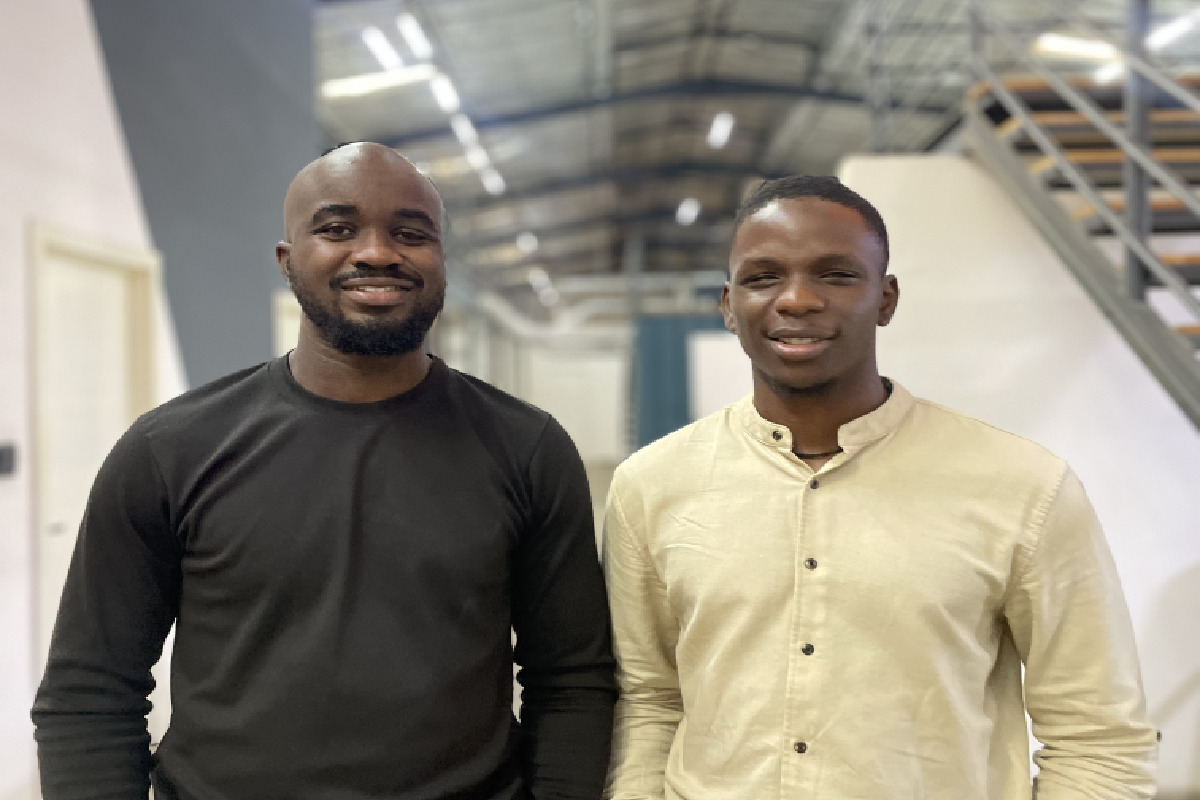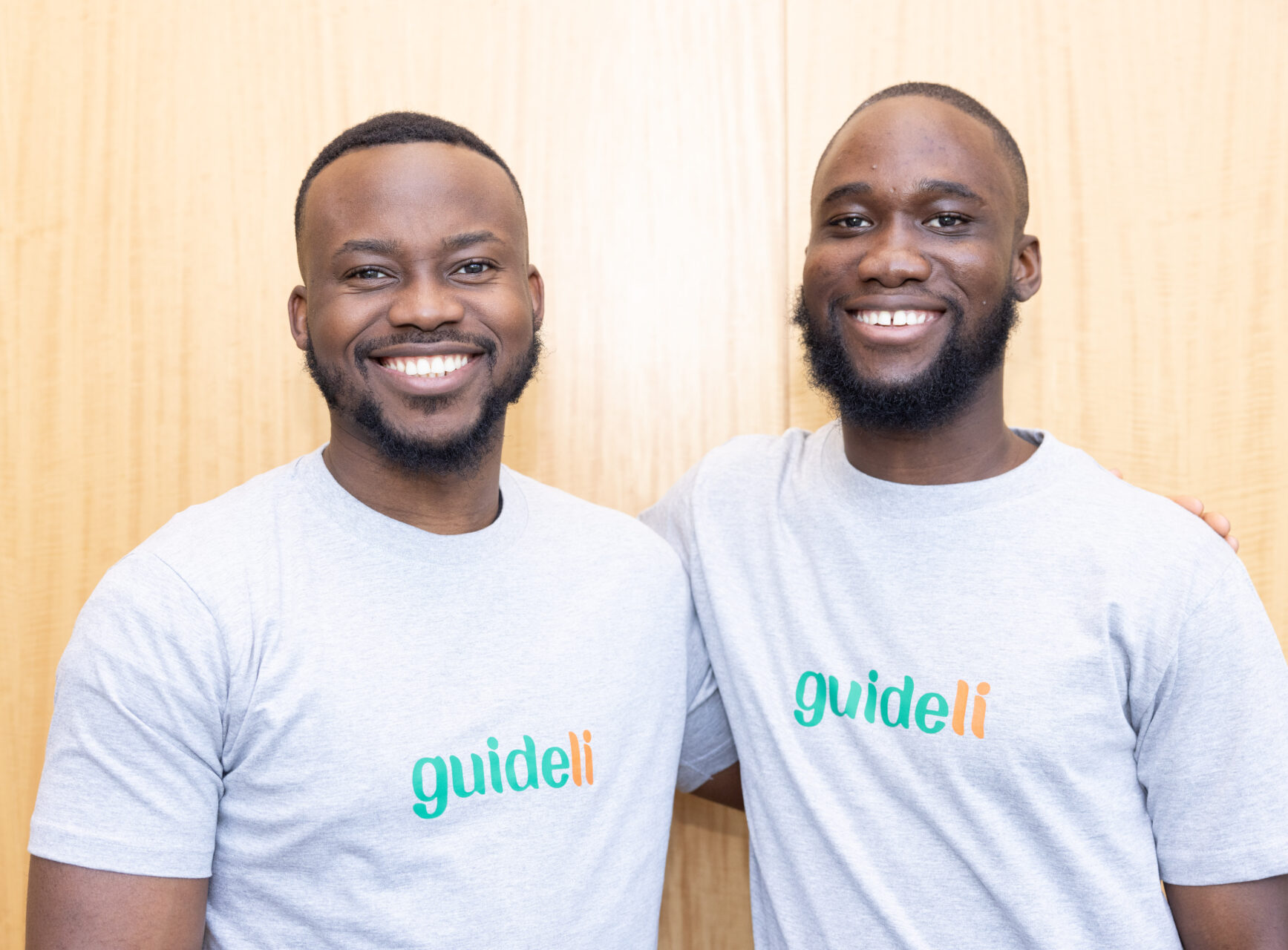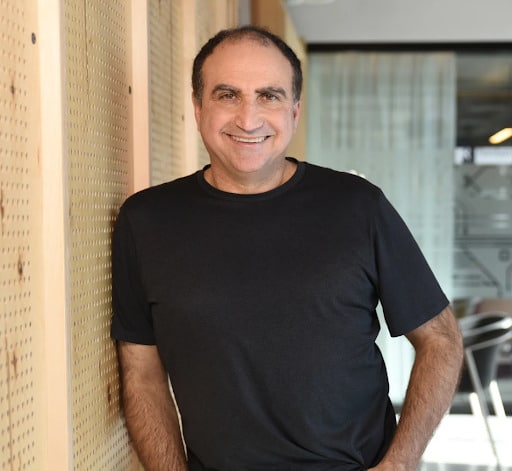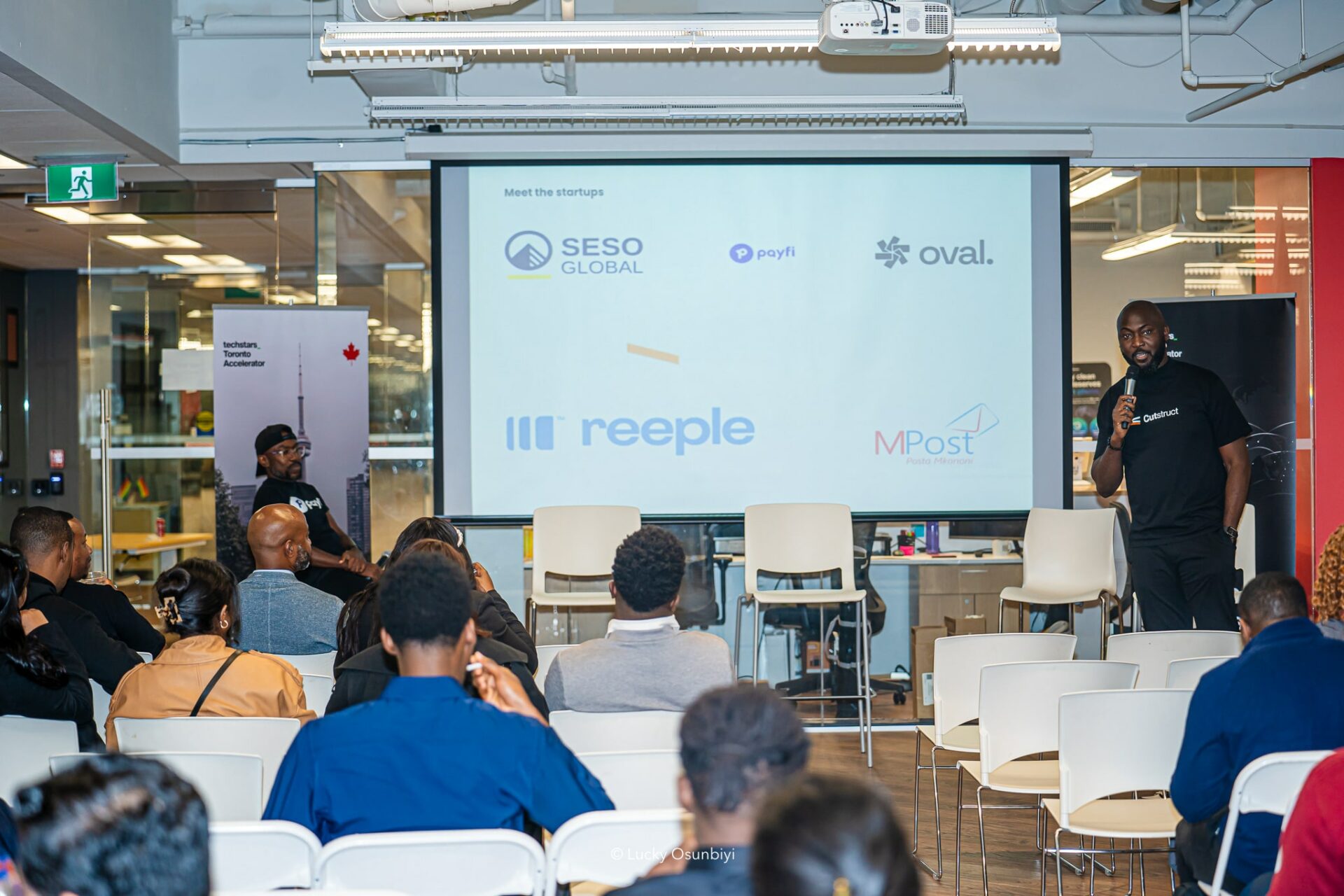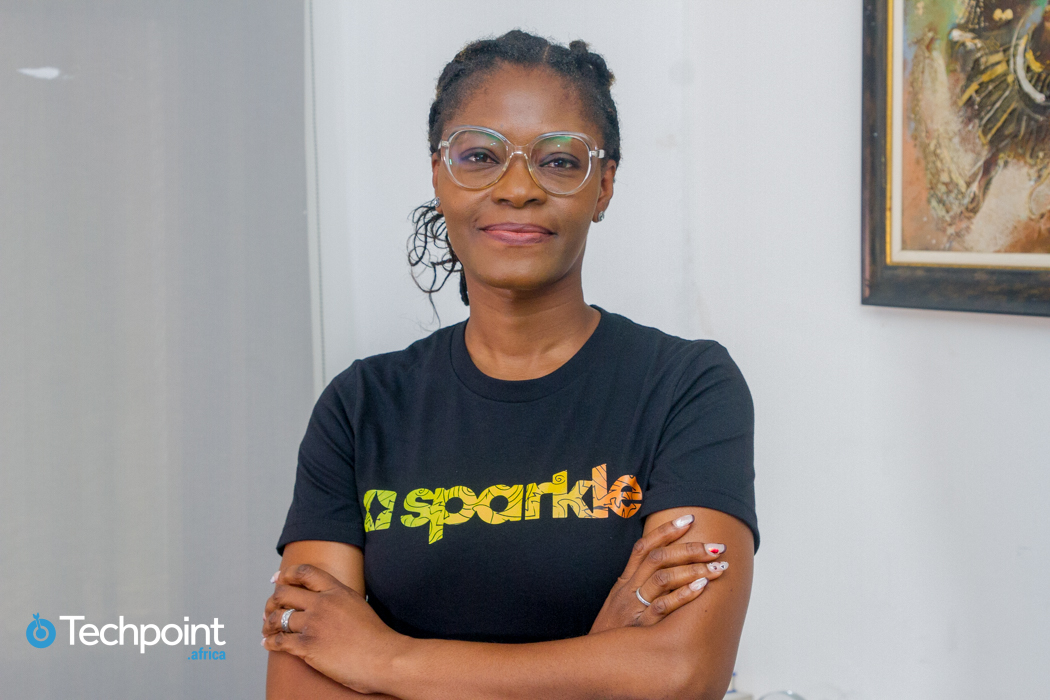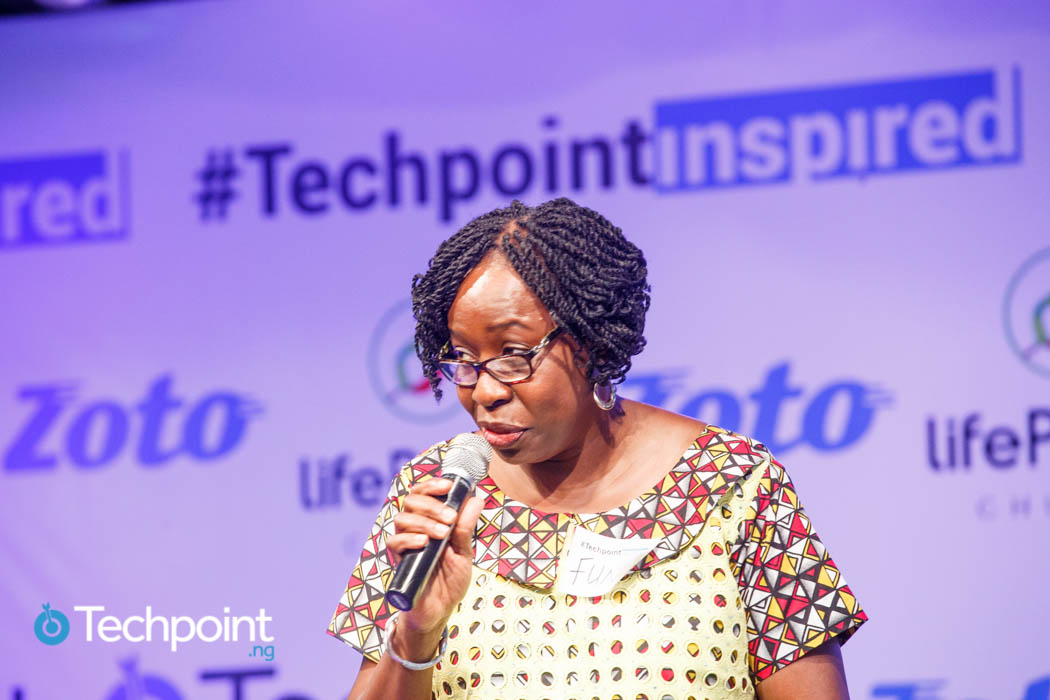The lack of a central database to identify repeat offenders is probably a bigger problem than the menace of financial fraud in Nigeria.
Companies rarely publicise cases of fraud and cyberattacks, and the numbers from independent reports are sometimes different.
In 2018, the Nigeria Deposit Insurance Commission (NDIC) stated that Nigerian banks lost over ₦15.5 billion ($41.6 million)* to fraud. This number was staggering, considering that commercial banks lost just ₦2.3 billion ($6.3 million)* and ₦2.4 billion ($8 million)* in 2017 and 2016, respectively.
The Nigeria Inter-Bank Settlement System (NIBSS) also reported that the banking industry lost ₦2 billion ($5.5 million) to electronic fraud in 2018.
Besides fraud, non-performing loans have plagued the financial sector.
In 2018, the NDIC reported that commercial banks gave out ₦15.29 trillion ($44.16 billion)* in loans to the domestic economy, and by the year's end, non-performing loans stood at ₦1.79 trillion ($4.9 billion)*.
With banks being reluctant to give loans, many fintech platforms have come up to try and solve the credit problem to the real economy.
Platforms like Carbon, Branch, FairMoney, Page Financials, and Renmoney all offer easy to get collateral-free loans, albeit at relatively high-interest rates. ,
However, these platforms also have to deal with non-performing loans, and without easy access to data, chronic debtors have been emerging.

Don't miss out on Africa's financial revolution
Give it a try, you can unsubscribe anytime. Privacy Policy.
With his startup, Cadnetworks, Darlington Onyeagoro, a former strategy, and business development executive at Guaranty Trust Bank Plc, Diamond Bank, and CEO of Opera's OKash, is working on an ambitious and expansive solution to tackle fraud within and outside Nigeria's financial sector.
Interestingly, startups like Voyance launched Sigma, a fraudster database, to address this issue. Karma.ng also helps these fintech platforms flag IP addresses used for fraud.
However, Onyeagoro believes that this can be tackled on a much broader scale.
In comes the Blacklist

Having worked at commercial banks and a fintech company, Onyeagoro has firsthand knowledge of the massive rate of loan defaults, which he believes is a huge pain for most startups in the sector. His solution to this problem is the Blacklist.
"The Blacklist is a database for chronic debtors and fraudulent people as reported by verified registered Nigerian businesses (Financial & Non-financial) and individuals. Any verified individual or registered business in Nigeria is free to upload a list of their debtors or business associates, employees, or customers that have defrauded them," he explains.
Onyeagoro believes that since the Blacklist will contain information on people who have defrauded companies outside the financial sector, micro-lending platforms can use it to verify the character of people with little or no credit history.
"A lot of fintech companies, especially the smaller ones, do not patronise Credit Bureaus because of the high cost of accessing their well-established database," he claims.
In 2008, three major credit bureaus -- CRC Credit Bureau Limited, CR Services (Credit Bureau) Plc., and FirstCentral Credit Bureau Limited -- were licensed by the Central Bank of Nigeria (CBN) to maintain a database of lending activities from all major banks.
Some non-commercial banks can run checks with just one credit bureau, but financial institutions must check with at least two out of the three credit bureaus when checking a credit score.
The CRC Credit Bureau in Nigeria charges ₦2,990 ($7.75) for individual credit reports. Though information on pricing for companies is not readily available on their respective websites, sources reveal that API calls to the database of credit bureaus typically fall between ₦250 (microfinance banks) and ₦4,000 (commercial banks).
"Companies normally negotiate the price based on the number, and it could get as low as ₦10 if the calls cross over a million in volume," our source explains.
Onyeagoro intends to charge between ₦30 and ₦50 per API calls for fintech platforms using the Blacklist. However, this price is negotiable.
"I want to be flexible with the pricing because you can't control the number of API calls you will have to make per day. 10,000 people might download the app, and you would have to make 10,000 API calls for each of them," he says.
Note that banks and other financial institutions submit data to credit bureaus for free.
However, besides making it free, Onyeagoro wants companies to get paid for submitting data on loan defaulters.
As other companies pay for each API call or manual search on an individual, he intends to split the proceeds with the fintech company that provided the data.
Interestingly, if more than one company provides data on an individual, only the first company will reap the rewards.
“If Carbon reports Mr A for defaulting 50k, and OKash reports him for defaulting 30k. When Fairmoney makes the API call for MR A, Carbon gets the payment,”
Also, the presence of several digital lending platforms with emerging predatory practices gives cause for pause. The interest rates are typically high, and the harsh economic realities that came with COVID-19 suggest that some people might be unable to pay back.
Onyeagoro believes that the Blacklist can be a repository for these lenders, so users don’t get reported to a traditional credit bureau. The target will be for micro-loans less than ₦100,000 ($260).
If this is done, they might still be able to get loans from banks that patronise credit bureaus, but they will be denied credit from other micro-lending platforms that subscribe to the Blacklist.
It is worth noting, the CBN has already given banks the greenlight the automatically debit BV-linked accounts of loan defaulters. It then means that efforts are coming from various corners, to stem the tide of non-performing loans.
Beyond financial institutions
Rather than make it strictly for fintech companies, Onyeagoro says the Blacklist platform will be open to all individuals and companies. However, proper verification is required in the form of a valid Identification or company registration document.
With this in place, prospective landlords, employers, and business associates can search for individuals on the Blacklist and verify that they haven’t engaged in fraudulent activities.
Onyeagoro explains this use case with the typical example of a fraudster posing as an employee of a reputable company.
"GT Bank, for example, normally publishes a list of authorised signatories to an account. Now we are expanding it so that every company can publish names and signatures of ex-staff that can no longer approve transactions on their behalf."
He also explains that the Blacklist can be used by companies to report employees that have left their organisation either voluntary or because of fraudulent activities. Furthermore, recruitment agencies can also reference the Blacklist as part of their recruitment process.
However, with this platform being open to all, there's a risk that it might be used for malicious purposes; individuals could be blacklisted by anybody they've offended.
When queried on this issue, Onyeagoro admitted that this was a possibility. Still, individuals or corporations will have to provide proof in the form of NDAs, MOUs, agreements, receipts, invoices, bank statements, etc.
Submitting this would cost ₦1,000, and individuals will be allowed to dispute the report if they deem it untrue.
While these provisions are unlikely to curtail malicious activities from determined people, they might limit them.
Platforms like the Blacklist may not need regulatory approval for now, but that could change at any moment.
Onyeagoro says he's currently seeking endorsements from the CBN and the NDIC. To access the Blacklist, please visit Blacklistng.com
* The official exchange rate for the year in question https://zp-pdl.com/get-a-next-business-day-payday-loan.php https://zp-pdl.com/get-a-next-business-day-payday-loan.php http://www.otc-certified-store.com/men-s-health-medicine-europe.html https://zp-pdl.com/online-payday-loans-in-america.php быстрый займ с плохой кредитной историейзайм без отказа на киви кошелекмгновенный займ на карту онлайн


